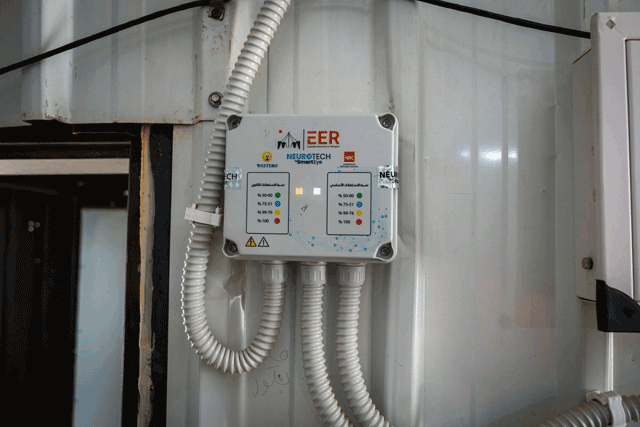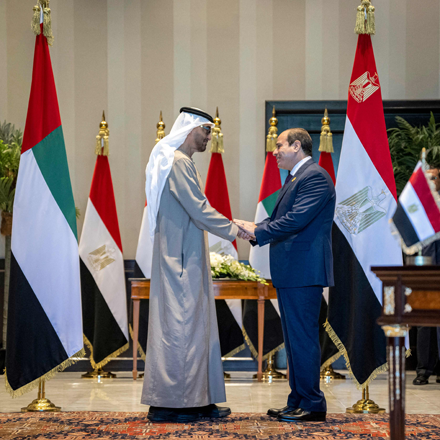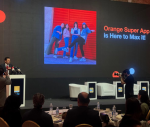You are here
Jordanian small business NeuroTech wins $600,000 at 2023 Zayed Sustainability Prize
By Mays Ibrahim Mustafa - Jan 17,2023 - Last updated at Jan 17,2023

NeuroTech offers smart solutions to provide reliable energy access at refugee camps by controlling consumption and distribution, according to its founder and COO Omar Assad (Courtesy of NeuroTech Facebook page)
AMMAN — NeuroTech, a Jordanian small business that has improved energy access for over 10,000 Syrian refugees living in Jordan won the Energy category of the 2023 Zayed Sustainability Prize.
UAE President Sheikh Mohamed Bin Zayed presented the awards to this year’s 10 winners during a ceremony held on Monday as part of the 2023 Abu Dhabi Sustainability Week (ADSW), the UAE state news agency WAM reported.
Established in 2008, the annual award “recognises non-profit organisations (NPOs), small- and medium-sized enterprises (SMEs) and high schools for their impactful, innovative and inspiring sustainable solutions” across five categories, according to its website.
Winners in the Health, Food, Energy and Water categories receive $600,000 each, while the Global High Schools category has six winners, each of whom receive up to $100,000, as reported by WAM.
NeuroTech is a social enterprise founded in 2020 by Omar Asaad, Heba Asaad and Abedarahman Al Khalailah.
According to its co-founder and COO Omar Assad, NeuroTech offers smart solutions to provide reliable energy access at refugee camps by controlling consumption and distribution.
Through an AI-based smart energy controller, two feeder lines divide the electricity supply into high priority loads, such as refrigerators or medical equipment and low priority loads for secondary needs, Assad told The Jordan Times over the phone.
Each line has its own limit, which is optimised depending on the available amount of electricity, the needs of each household and the number of household members, he explained.
The controller’s AI-based algorithm helps predict consumption and distribution mechanisms based on the productivity of the energy system, Assad said.
“The main target is to extend the average hours of power availability, where power is a limited resource,” he said.
NeuroTech was able to achieve its goal for many refugees in Azraq camp by supplying households with a 24-hour electricity access, up from an average of nine hours supplied previously, according to Assad.
Related Articles
AMMAN — Neurotech has unveiled an AI-powered smart controller designed to optimise electricity consumption in refugee camps and affected com
SHARM EL SHEIKH — The United Arab Emirates and Egypt agreed Tuesday to develop one of the world's largest wind farms in a deal struck on the
SEOUL — The billionaire founder of South Korean Internet conglomerate Kakao was arrested early Tuesday, a Seoul court said, accused of manip














